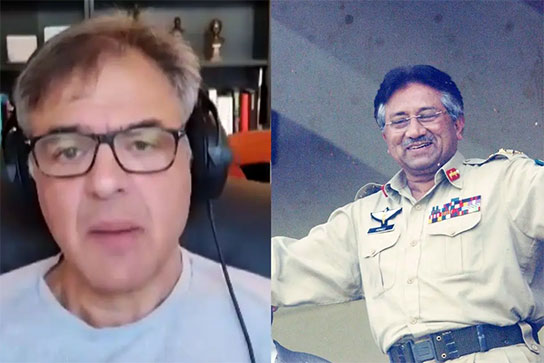In a major breakthrough, the Tata Institute in Mumbai, renowned for its distinguished work in cancer research and treatment, announced on Wednesday a remarkable advancement in cancer prevention. After a decade of dedicated research, the institute claims to have developed a groundbreaking tablet that could potentially prevent the recurrence of cancer in patients.
Led by Dr. Rajendra Badve, a senior cancer surgeon at Tata Memorial Hospital, the research team conducted extensive studies on the mechanisms underlying cancer recurrence. They discovered that dying cancer cells release cell-free chromatin particles (cfChPs), which can potentially turn healthy cells cancerous.
To address this phenomenon, the team developed a tablet containing pro-oxidant compounds, namely resveratrol and copper (R+Cu).
"Human cancer cells were inserted in rats for the research, which formed a tumour in them. The rats were then treated with radiation therapy, chemotherapy, and surgery. It was found that when these cancer cells die, they break into tiny pieces called chromatin particles. These particles can travel to other parts of the body through the bloodstream, and when they enter healthy cells, they can turn them cancerous," said Dr. Badve in an interview with NDTV.
According to Dr. Badve, the R+Cu tablets generate oxygen radicals in the stomach upon ingestion. These radicals are swiftly absorbed into the bloodstream, where they effectively destroy circulating chromatin particles, thereby preventing metastasis—the spread of cancer cells to other parts of the body.
Additionally, the tablet is said to mitigate the toxic side effects of chemotherapy, significantly improving patient outcomes.
The researchers claim the R+Cu tablet is a game-changer in cancer treatment, citing its potential to reduce chemotherapy toxicity by up to 50% and its effectiveness in preventing cancer recurrence by approximately 30%. Furthermore, they assert that the tablet shows promise in combating various types of cancer, including those affecting the pancreas, lungs, and oral cavity.
While the initial trials have shown promising results in animal models, human trials are underway and are expected to take around five years to complete.
The affordability of the tablet is also noteworthy. Dr. Badve mentioned in an interview with NDTV that it will be accessible to the masses at an affordable price of just ₹100, despite cancer treatment typically costing lakhs to crores of rupees.
Currently, the tablet is awaiting approval from the Food Safety and Standards Authority of India (FSSAI), scientists from the Tata Institute of Fundamental Research (TIFR) have submitted an application for the regulatory nod.
The tablet, if approved, is anticipated to hit the market by June-July, offering a promising solution to enhance cancer treatment. The senior cancer surgeon leading the project expressed optimism about the tablet's potential to significantly improve the efficacy of cancer treatment.
Tata Institute Claims Breakthrough In Cancer Treatment With Just 'Rs 100 Tablet'




